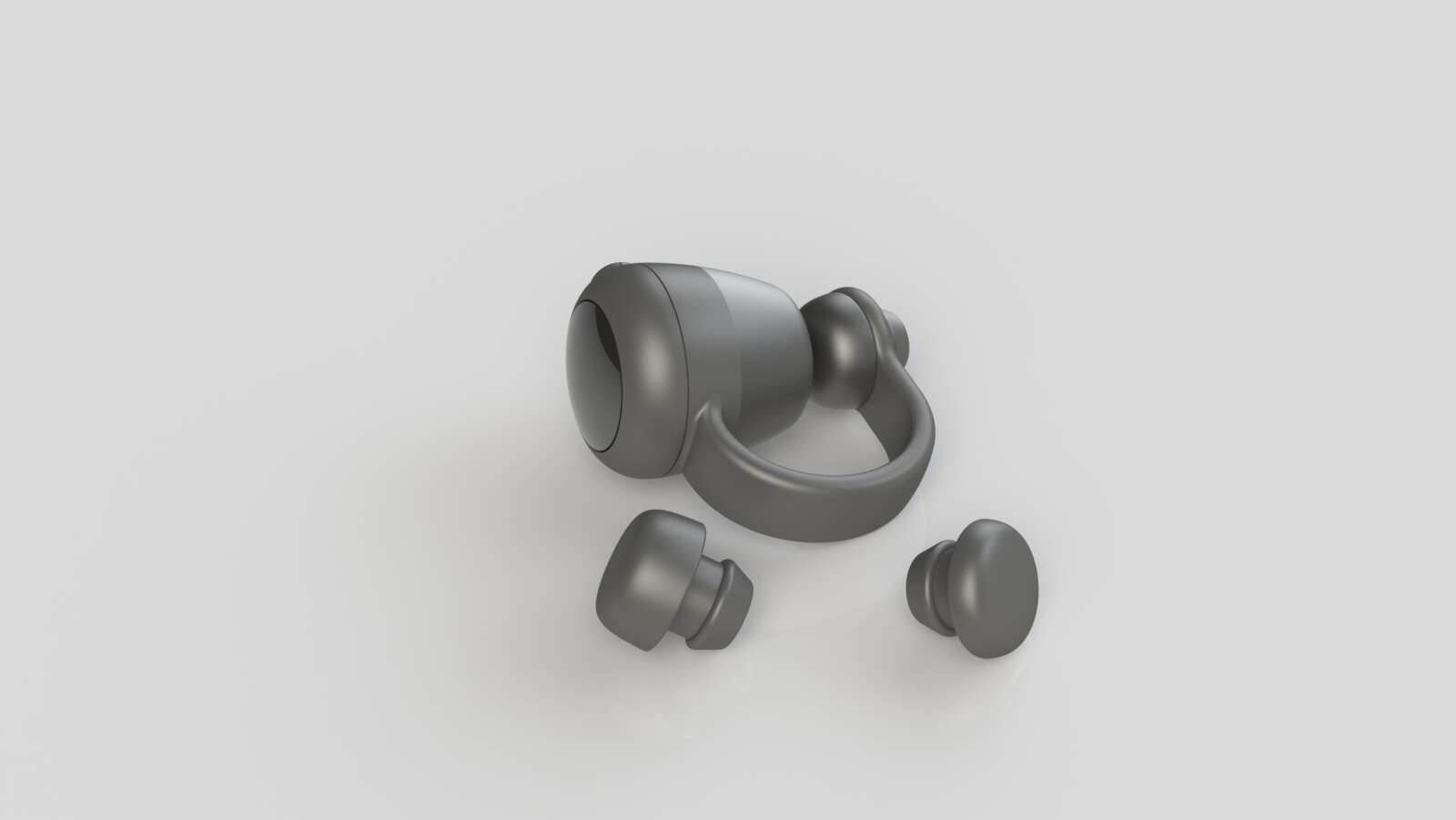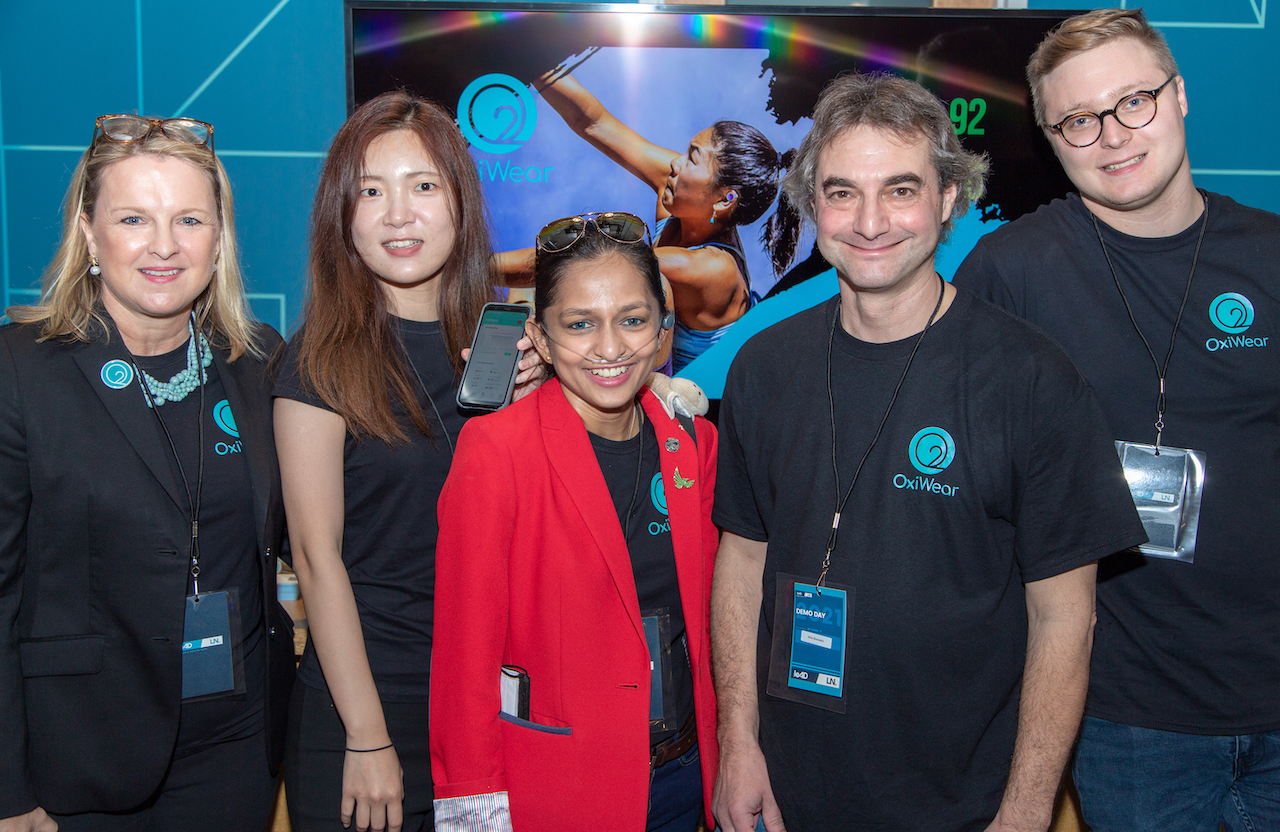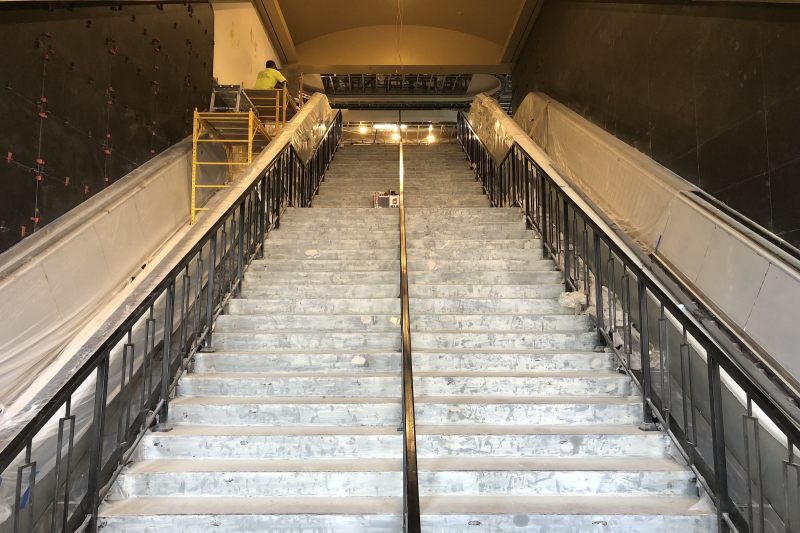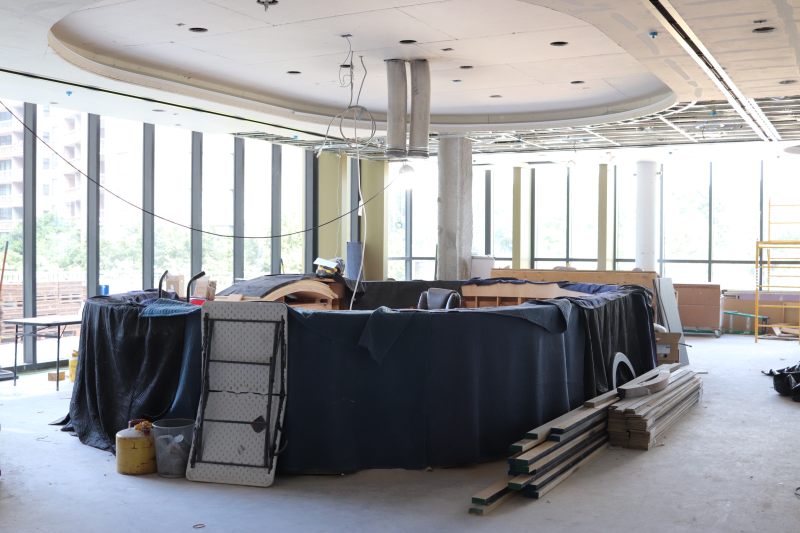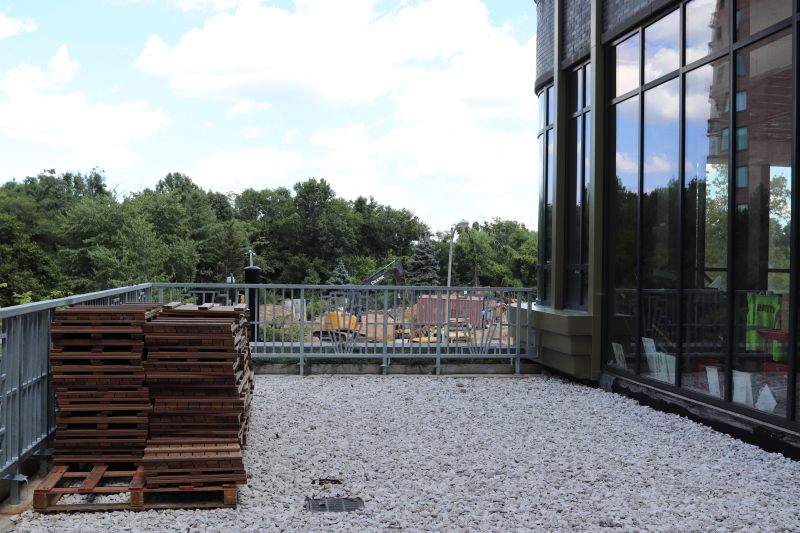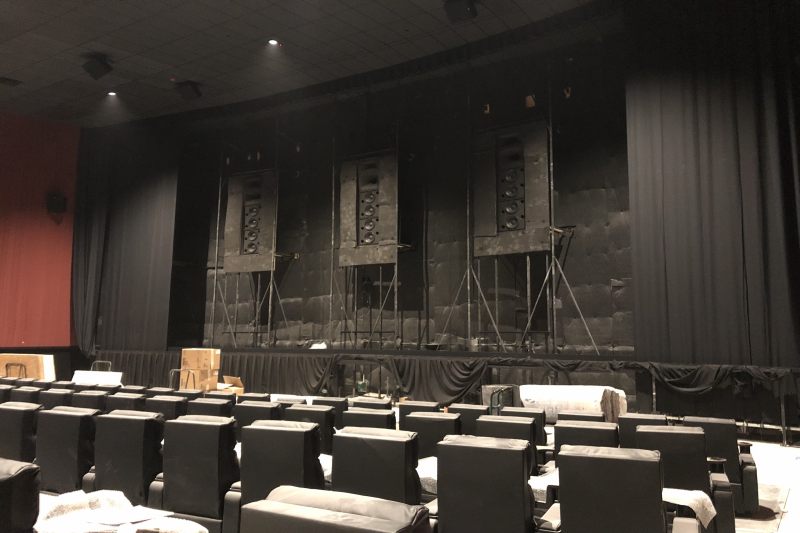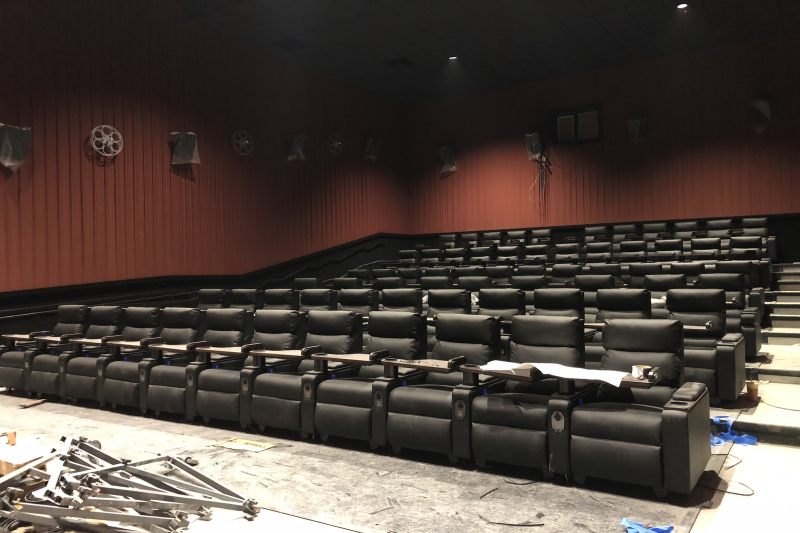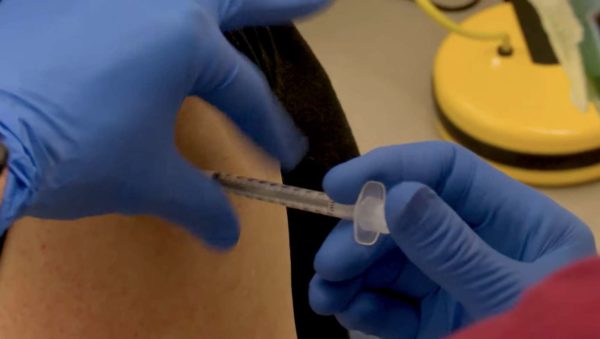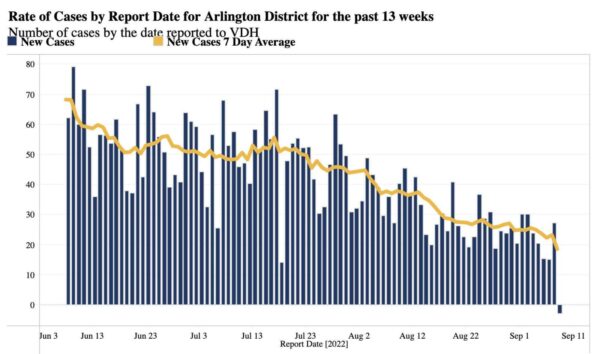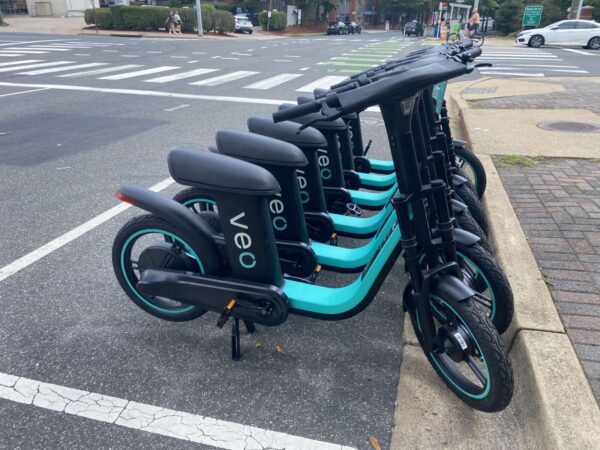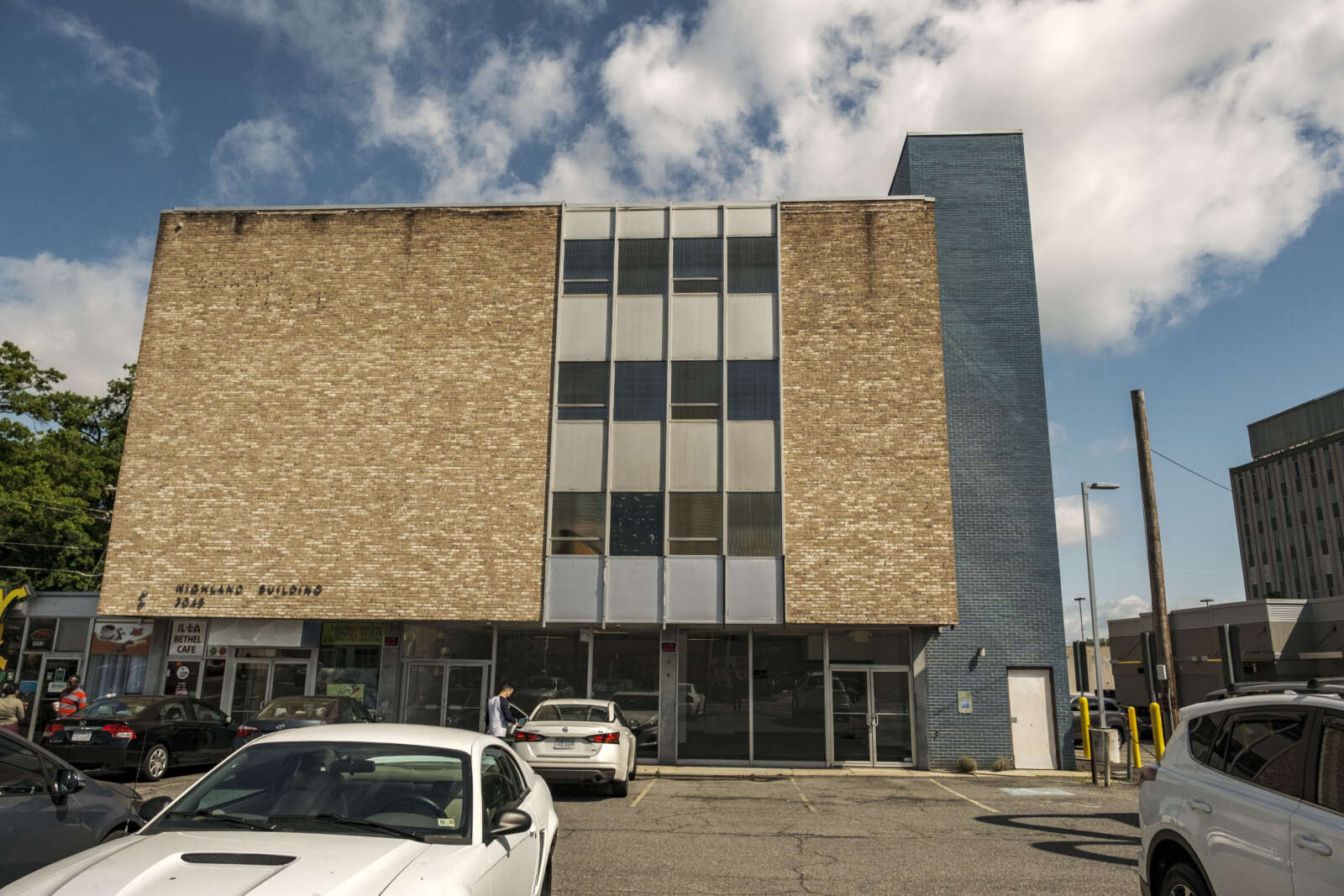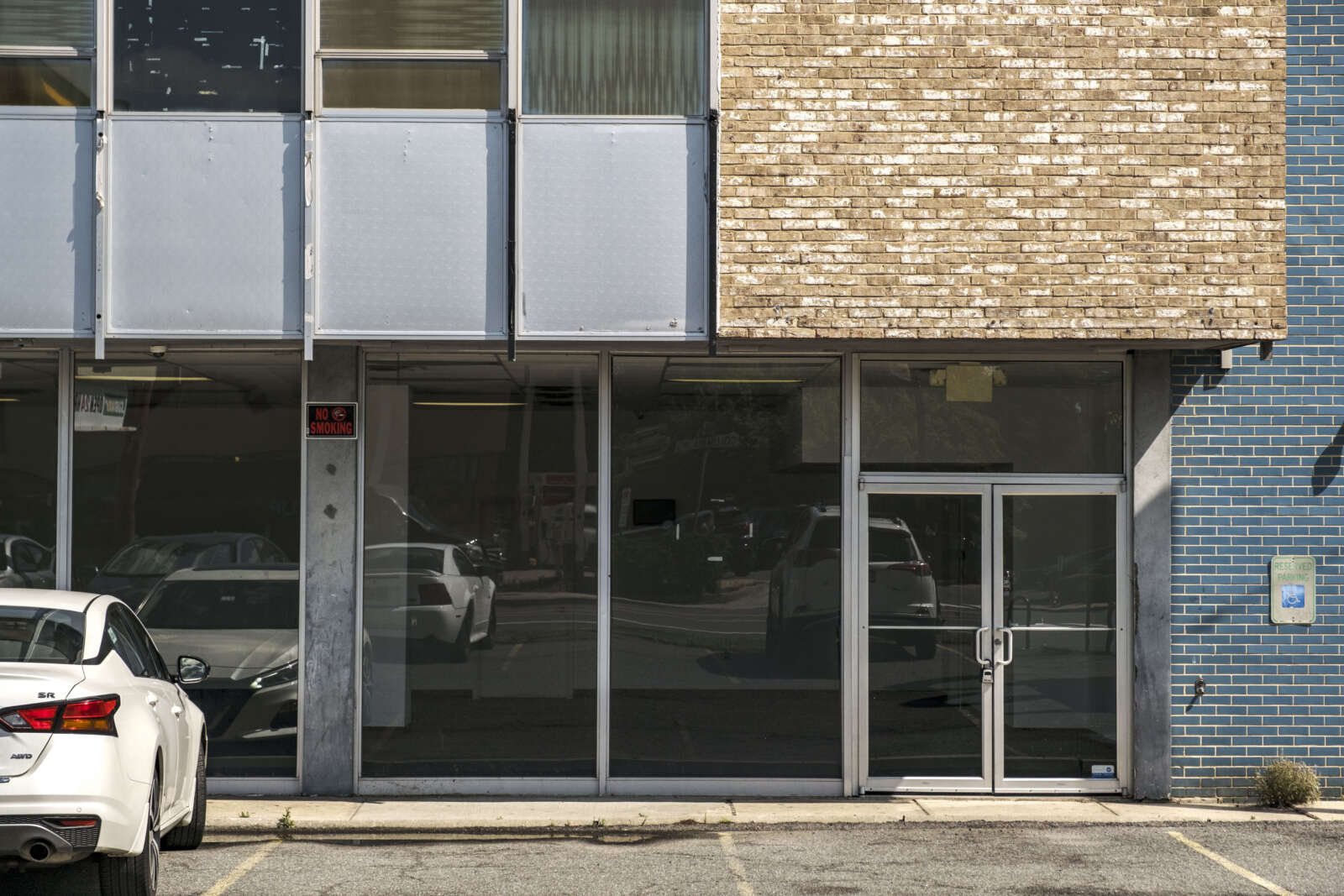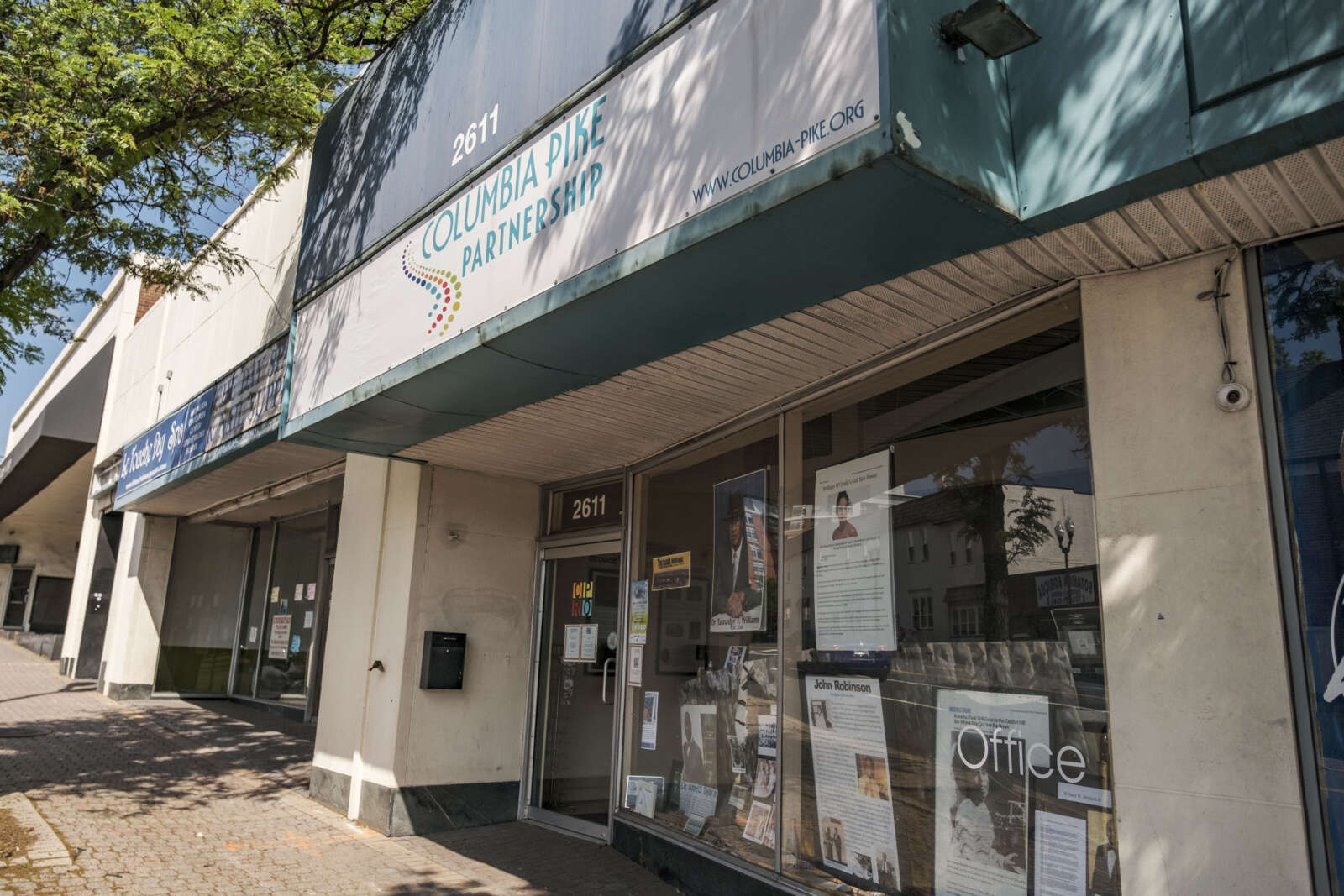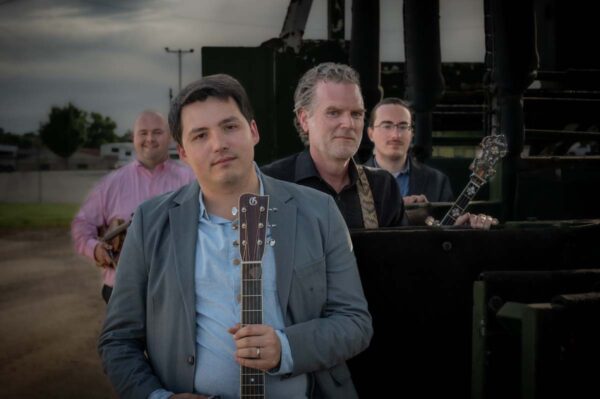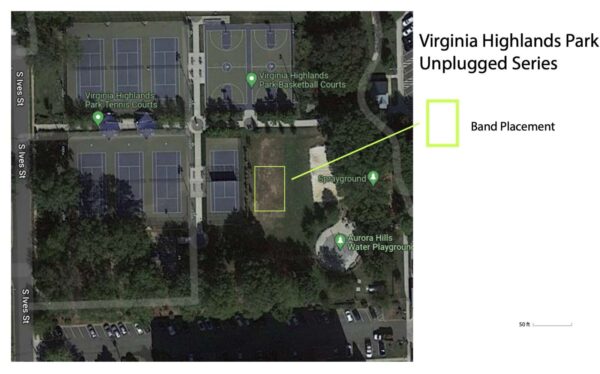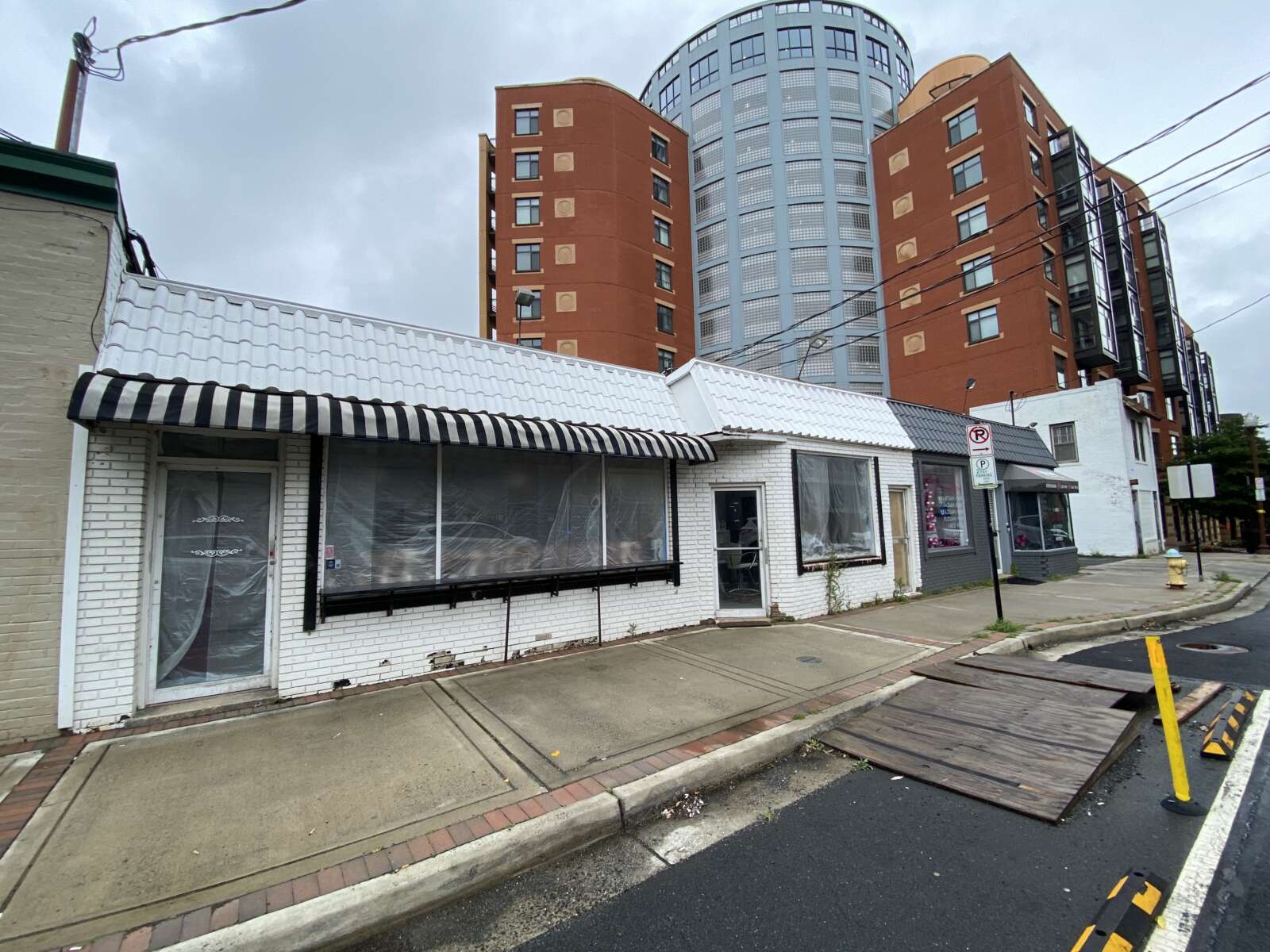
Sponsored by Monday Properties and written by ARLnow, Startup Monday is a weekly column that highlights Arlington-based startups, founders, and local tech news. Monday Properties is proudly featuring 1515 Wilson Blvd in Rosslyn.
Arlington-based oxygen-monitoring tech startup OxiWear is aiming to go to market by the end of next month.
After raising $1.25 million last year, OxiWear founder Shavini Fernando told ARLnow that they are now in midst of testing in order to start selling the small, ear-worn blood oxygen alert system by late October. The hope is to, at least initially, appeal to the fitness and exercise market.
After that, the aim is to get the U.S. Food and Drug Administration to approve the device for prescriptions by mid-2023 and for off-the-shelf retail by the end of next year.
That would cap the Rosslyn resident’s five-year journey to offer a device that has saved her life to others.
For years, even though she was a swimmer and lived an active lifestyle, Fernando struggled to breathe. Doctors in her native Sri Lanka said she had asthma, but after a particularly troubling episode in 2015 when her face turned blue, she was diagnosed with severe cardiovascular disease and told that she had two years to live.
Fernando flew to the United States for a second opinion. Getting off the plane, she suffered a stroke. Soon, it was discovered she suffered from severe pulmonary hypertension (PH) due to Eisenmenger Syndrome. Meaning, there’s a hole in her heart that can lead to cardiac arrests and hypoxia strokes.
“With that, it damages my lungs due to the overflow of blood to the lungs,” she said. “It’s called Eisenmenger when it comes to that stage and it’s irreversible.”
Fernando has had to deal with near-fatal situations, including four cardiac arrests and two strokes. She is also not allowed to fly above certain altitudes, meaning she hasn’t been able to fly home to Sri Lanka since leaving in 2015.
While there’s no cure for Eisenmenger, Fernando thought there might be a way that she could monitor her oxygen levels in order to prevent potentially fatal consequences. In 2015, she started working on a wearable device that would alert people like her when their oxygen levels drop to dangerous levels.
“Once we get a cardiac arrest, you only have three minutes. That’s not enough time to call 911. That’s where OxiWear comes in. You get the alert ahead of time before you go into cardiac arrest or have a stroke,” she said.
It does that by being attached to the ear and pulsating when the wearer’s oxygen levels dip below a certain level. The ear is one of the best and most accurate body parts for measuring oxygen, Fernando said.
Additionally, the device connects to a mobile application that allows the user to keep an eye on their levels at all times. If they do drop dangerously, it will buzz the device as well which will send out an alert to emergency contacts.
“In case you can’t call for help, someone will know you need help,” Fernando said.
Beyond medical necessities, OxiWear is also being marketed to high-performing athletes.
Oxygen levels, even more than heart rate, can give a sense of how fatigued an athlete might be or how well they are adapting to certain environments. Earlier this year, OxiWear signed an agreement with a company that does high-altitude obstacle courses and endurance races.
“It gives the coach an idea of an athlete’s… tolerance level and how long they can stay the course. And, also, how they behave in different environments,” she said.
This is one of the reasons why Ted Leonsis — local owner of the Capitals, Wizards and Mystics — has been such an advocate of OxiWear and Fernando, with not just financial investment but mentorship as well.



